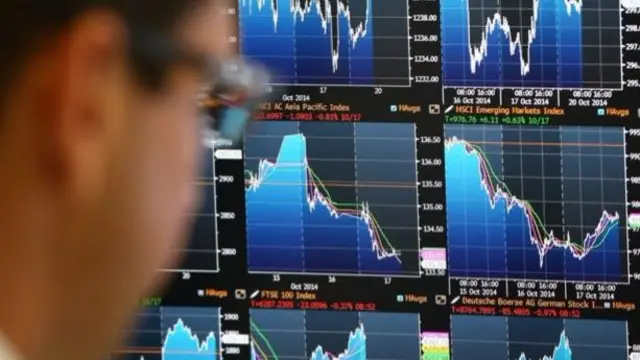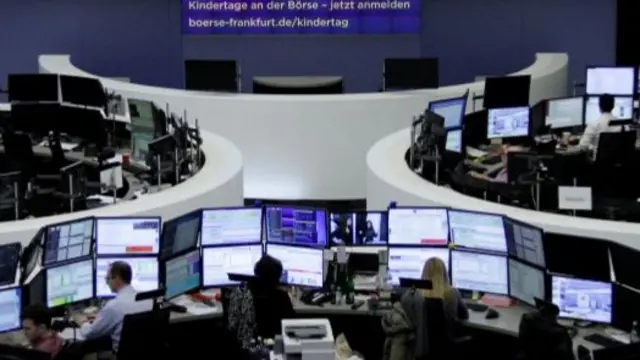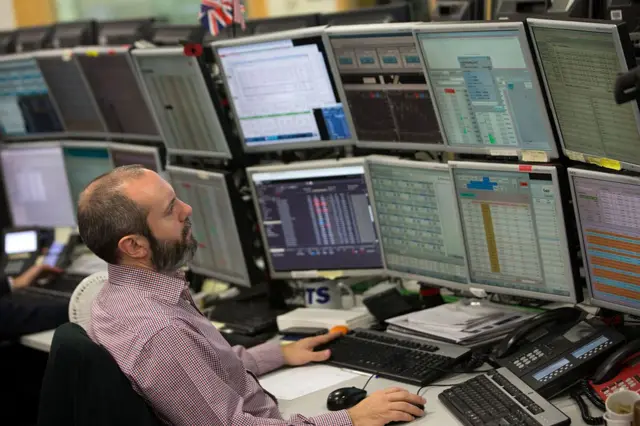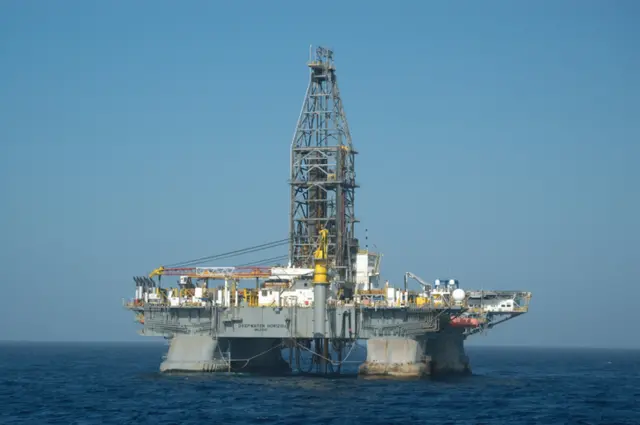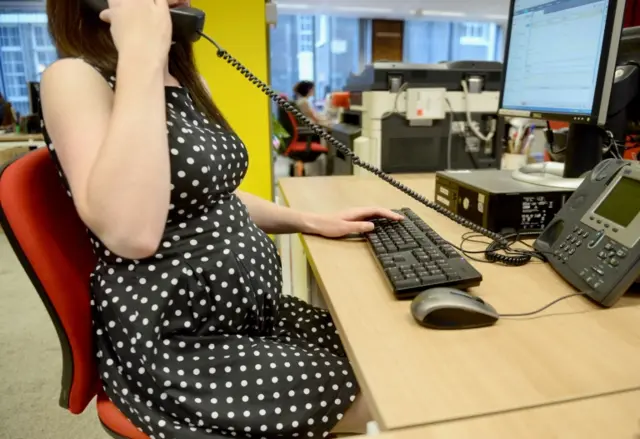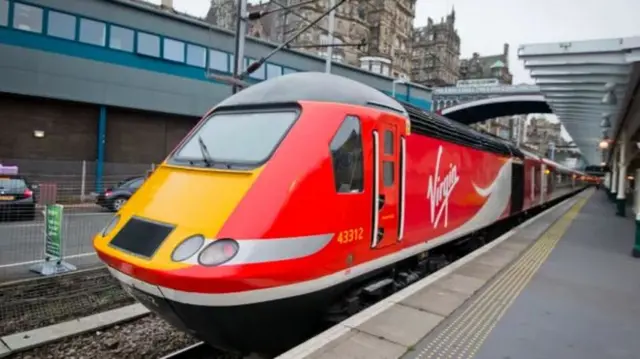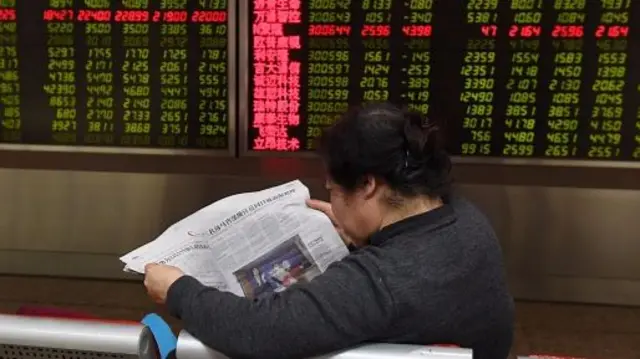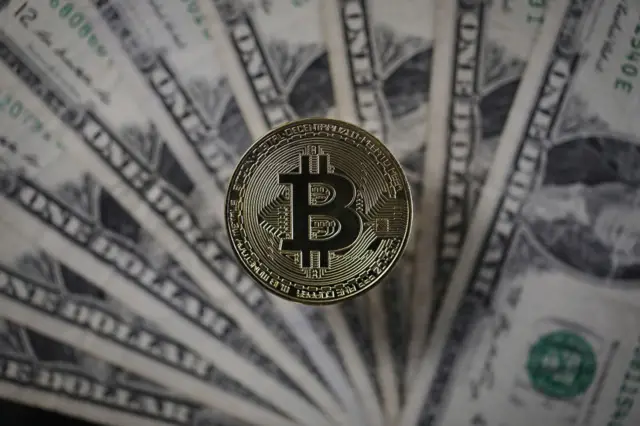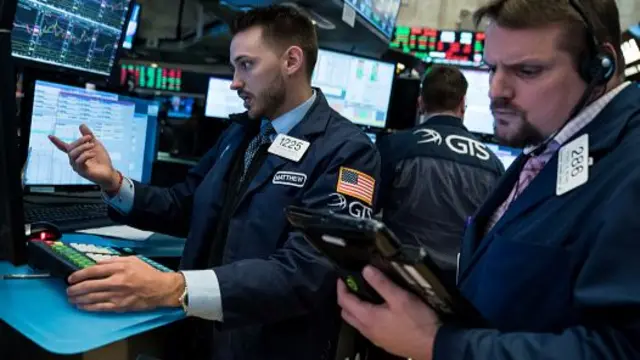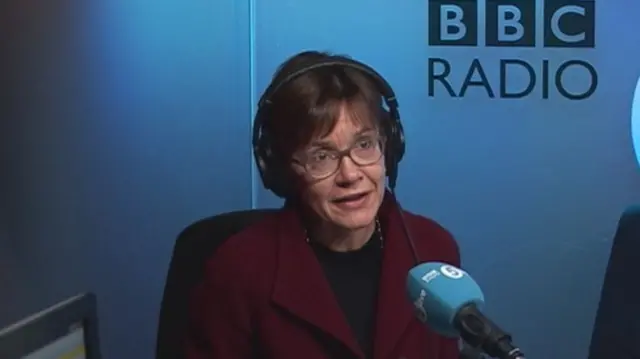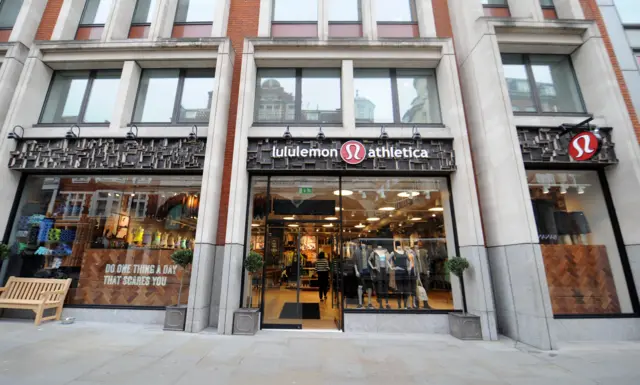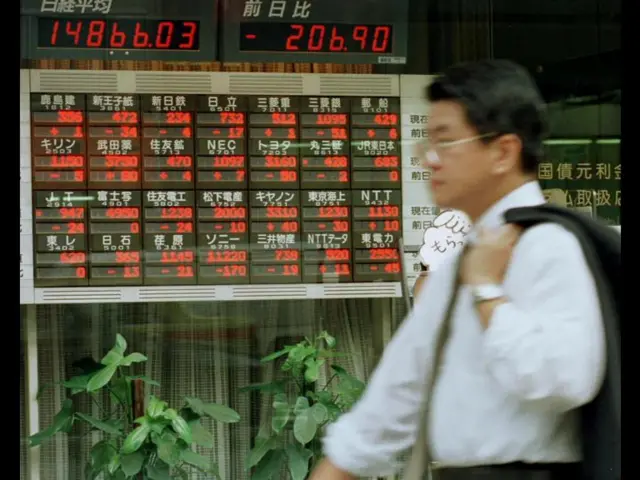Markets have a fit of the vapourspublished at 08:47 GMT 6 February 2018
 Kamal Ahmed
Kamal Ahmed
Economics editor
To the great synchronisation - stronger global growth returning to all the major economic engines of the world - add the great normalisation.
The softness of markets over the last few days is down to one thing.
As monetary policy begins its long journey away from the trillions of pounds of stimulus pumped into the system to keep the economic ship from the rocks, shareholders are beginning to wonder how much of their investments are in companies with strong fundamentals.
And how much is simply holding up an asset bubble - frothy prices led ever higher in an era of ultra low interest rates and cheap money.
Fingers are hovering over the “sell” button.
And once investors start looking at their portfolio and selling out of the froth, automatic algorithmic trading tends to “chase the dip”.
